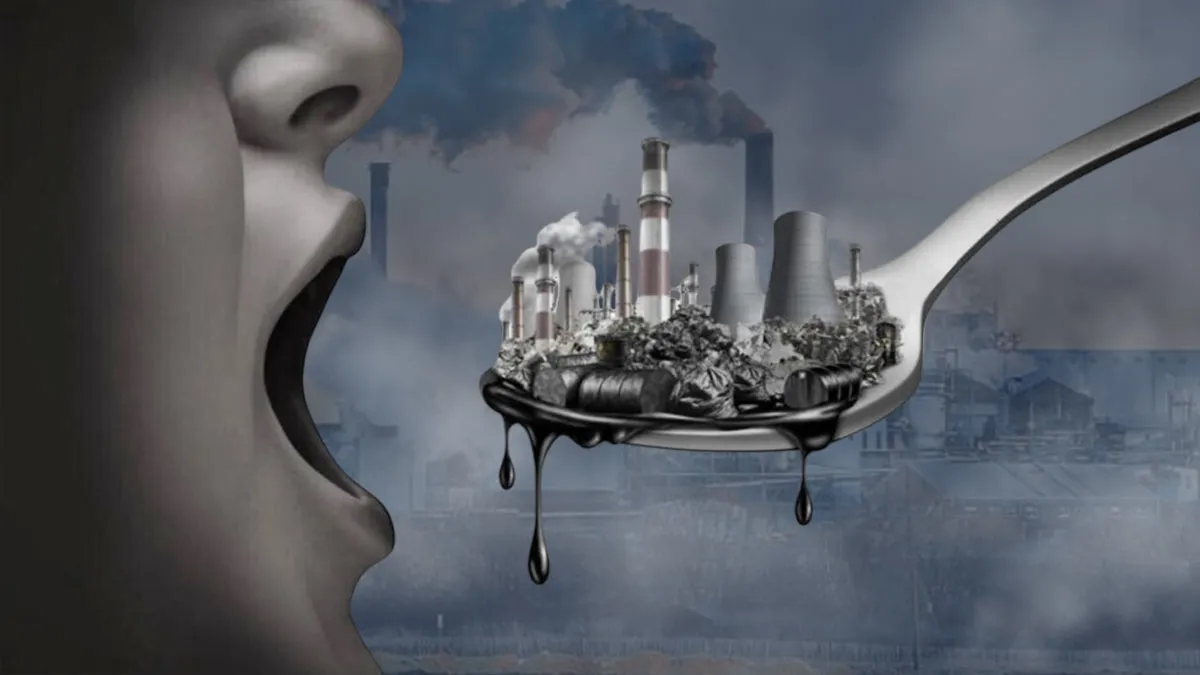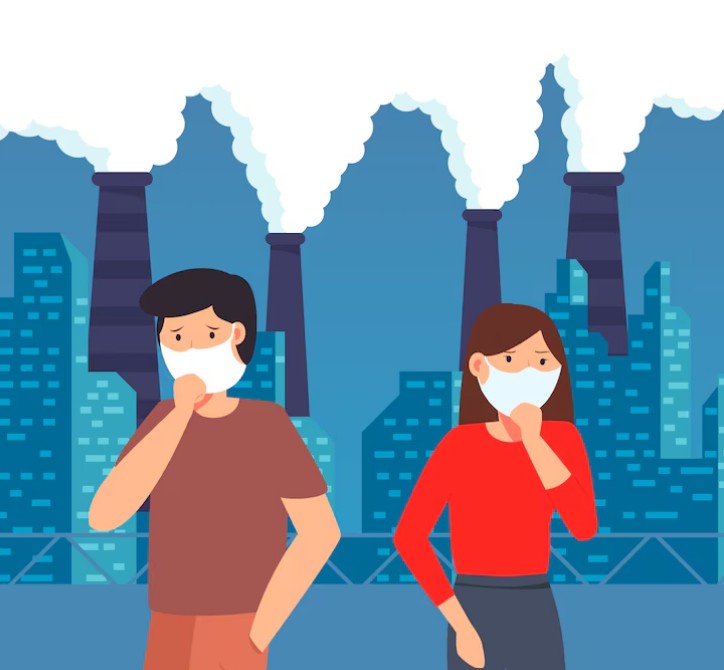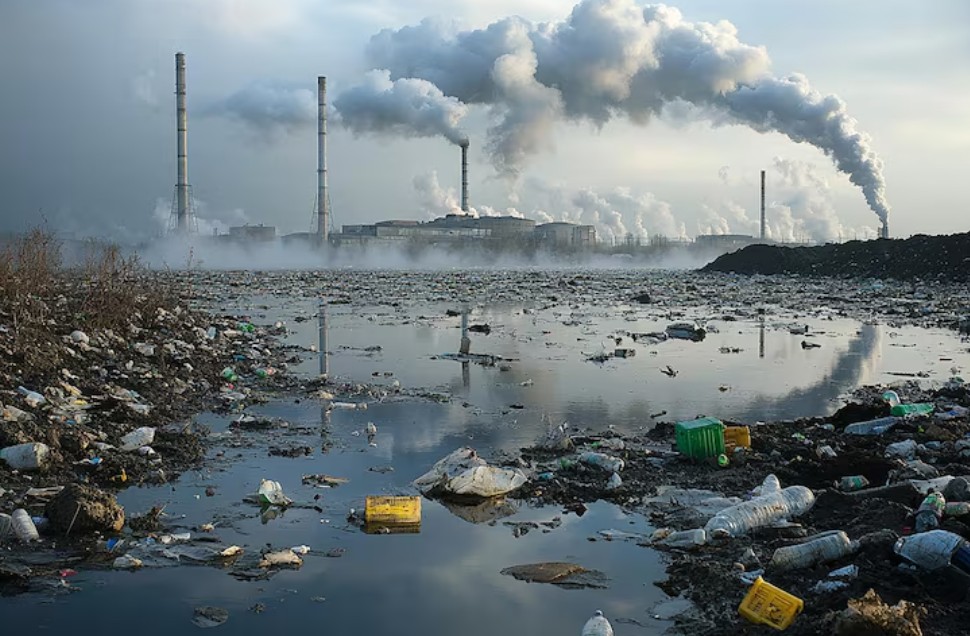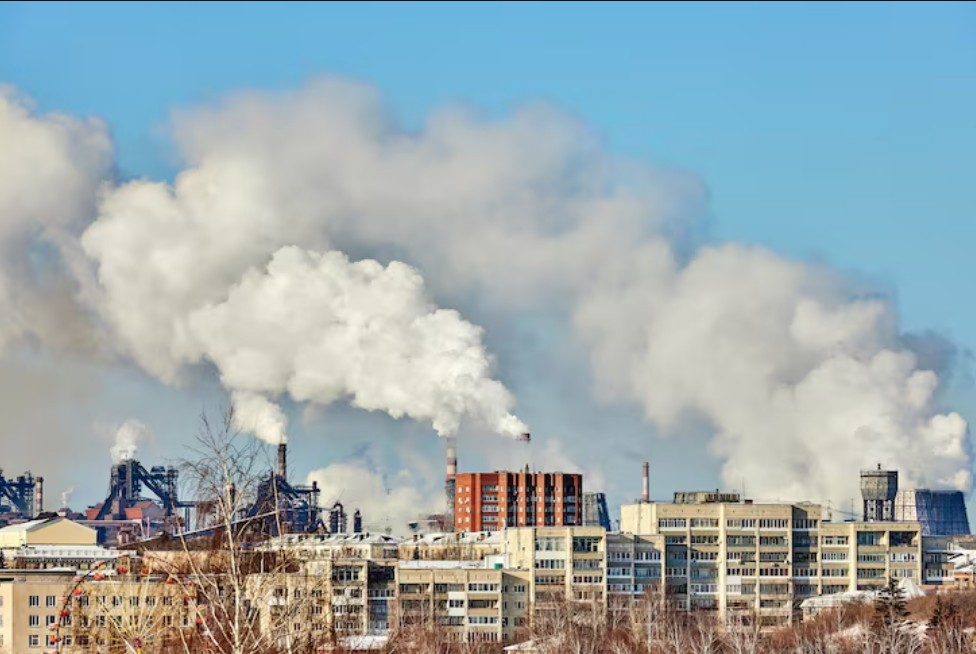
National Cancer Awareness Day 2025: The air we breathe should sustain life, not threaten it. Yet on this National Cancer Awareness Day, we're confronted with an uncomfortable truth: the very atmosphere surrounding us in our cities has become a silent carcinogen. According to Dr Peush Bajpai, Director & Unit Head – Medical Oncology at Max Super Speciality Hospital, Dwarka, lung cancer is no longer exclusively a smoker's disease. "A rising proportion are non-smokers, especially urban dwellers and women," he warns, highlighting a disturbing shift in cancer demographics.
Increasing evidence now confirms that air pollution is a direct cause of lung cancer, even amongst people who have never touched a cigarette. This revelation should alarm every city resident, particularly as pollution levels continue to surge across urban India.
Here’s how polluted air can increase the risk of cancer, based on scientifically proven mechanisms.

Tiny particulate matter (PM2.5) from polluted air settles deep into the lungs, constantly irritating the lung tissue, like a wound that never heals. Dr Bajpai explains that this chronic inflammation is a key driver of cancerous transformations in lung cells. Over time, the body’s constant attempt to heal the damaged tissue increases the risk of abnormal cell growth and malignancy.
Certain pollutants, including benzene and diesel exhaust, are known to cause errors in DNA. These pollutants are capable of inducing genetic mutations that can lead to cancer, particularly in the lungs and other organs exposed to the environment. When the DNA becomes damaged, the body’s normal repair mechanisms struggle to correct the mutations, leading to uncontrolled cell growth.
Many harmful pollutants, such as those found in vehicle emissions, behave like artificial hormones in the body. They can interfere with the normal hormonal processes that control critical functions, particularly in hormone-sensitive organs like the thyroid, breasts, and prostate. This hormonal disruption increases the risk of cancers like breast cancer, where hormone imbalances can fuel cancer cell growth.
Long-term exposure to polluted air also weakens the immune system. The immune cells that normally help remove damaged or abnormal cells, which could potentially become cancerous, are less effective in polluted environments. As a result, the body becomes less equipped to fight off the early stages of cancer.
Polluted air generates harmful molecules known as free radicals, which cause oxidative stress. This oxidative damage wears down healthy cells over time, making them more vulnerable to mutations that could lead to cancer. Dr Bajpai notes that free radicals are essentially the body’s "rust," gradually breaking down healthy tissue and increasing the likelihood of malignant transformation.
While the effects of air pollution are far-reaching, there are simple yet effective steps individuals can take to minimise their exposure and reduce their cancer risk:

Avoid outdoor activities, such as walks or runs, during early mornings when the air quality tends to be poorest. Instead, exercise indoors, or step outside once the sunlight has dispersed trapped pollutants. This simple change can significantly reduce the amount of harmful pollutants you breathe in.
Wear an N95 mask when stepping out on high-pollution days to filter out harmful particles. Additionally, consider using air purifiers at home to maintain cleaner indoor air quality.
Regularly check the Air Quality Index (AQI) before stepping outside, and plan your travels during non-peak hours to avoid high-traffic pollution. Keep car windows closed when stuck in traffic, and encourage children and the elderly to stay indoors on days with high pollution levels.
Air pollution is a preventable cause of cancer, yet it continues to be a significant risk to public health. Dr Bajpai stresses the importance of stricter regulations on industrial emissions, construction activities, and the establishment of early-warning AQI systems. Clean air is not a luxury; it is essential for life.

As we mark National Cancer Awareness Day, it’s crucial that we not only focus on cancer prevention but also work towards healthier environments where clean air is a fundamental right for all.
Ultimately, protecting our health begins with how we breathe and how we live. Let’s make clean air a non-negotiable priority, because prevention starts with awareness.
Keep reading Herzindagi for more such stories.
Image Courtesy: Freepik
Also watch this video
Herzindagi video
Our aim is to provide accurate, safe and expert verified information through our articles and social media handles. The remedies, advice and tips mentioned here are for general information only. Please consult your expert before trying any kind of health, beauty, life hacks or astrology related tips. For any feedback or complaint, contact us at compliant_gro@jagrannewmedia.com.